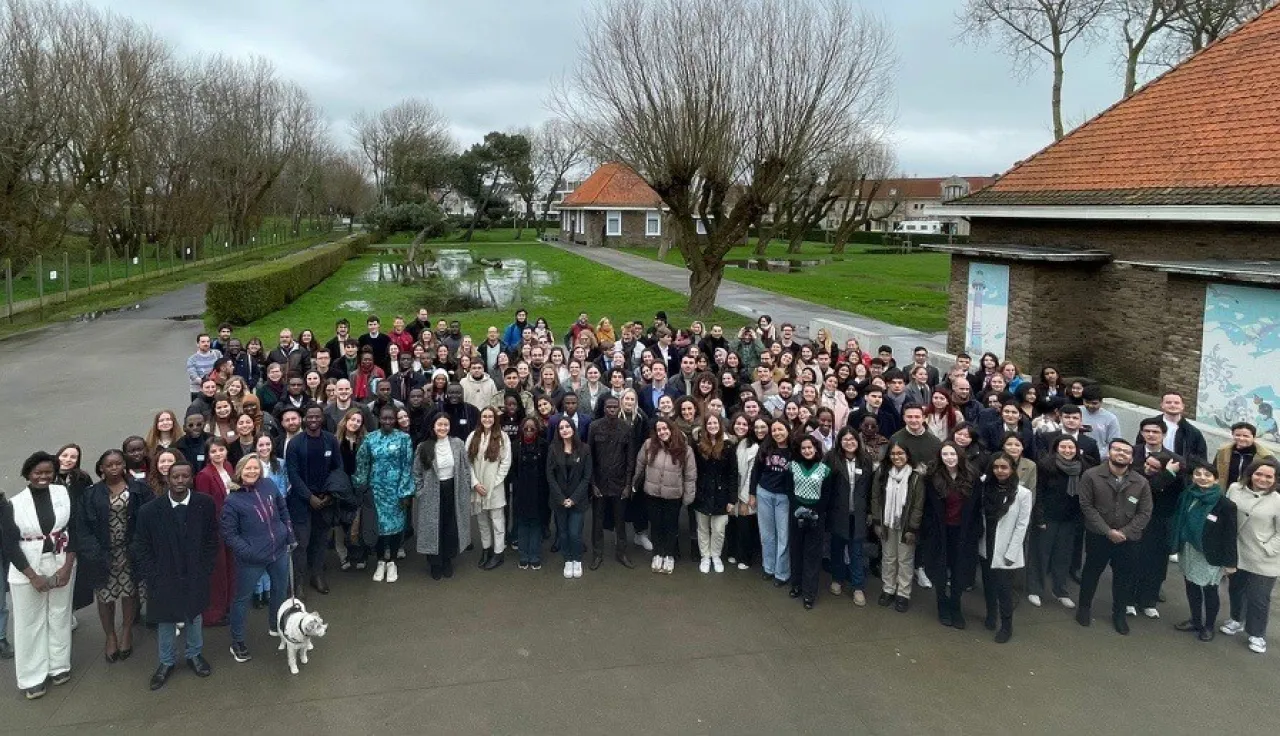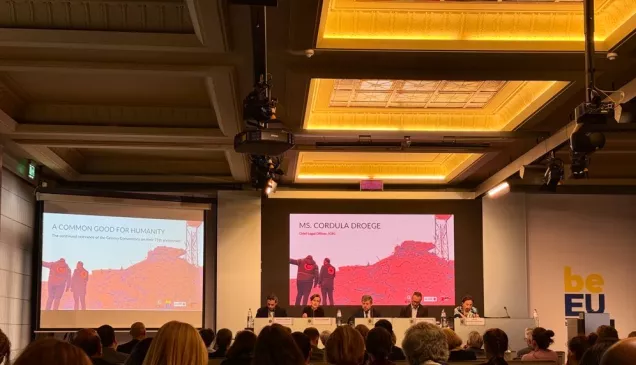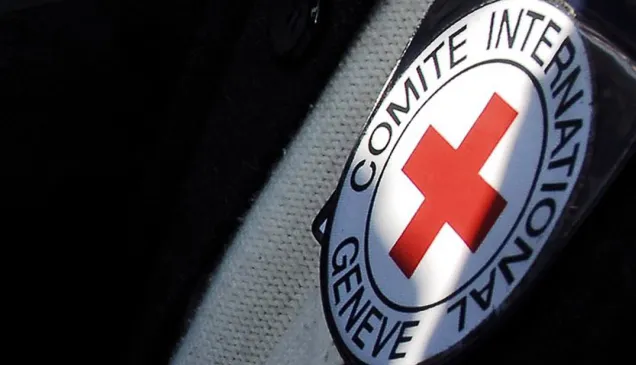Belgium: Concours Jean Pictet makes the next generation of IHL professionals shine.

For one entire week, English and French-speaking students have gathered in Bredene (Belgium) to "take the law out off the books" and compete in the 42nd and 43rd editions of the Concours Pictet, one of the most prominent International Humanitarian Law competitions, taking its name from the famous ICRC executive and "main architect" of the Geneva Conventions.
Take the law out of the books.
The Jean-Pictet Competition was conceived to address the gap of university competitions promoting IHL in a realistic way. Unlike traditional law competitions, it emphasizes practical application combined with theoretical knowledge, aligning with its motto, "taking the law out of the books."
The competition's unique format, which presents teams with fictitious armed conflict scenarios on the spot, necessitates comprehensive preparation across various legal domains beyond IHL, fostering a holistic understanding of public international law.
Through simulations and frequent role changes, participants are faced with concrete dilemmas and difficulties faced by actors of armed conflicts when applying IHL. They are thus required to consider and reflect on multiple perspectives, such as those of an ICRC delegate, a military legal adviser, a non-state armed group commander, a UN representative, a diplomat, among many others.
We want participants to be able to present their knowledge but also exhibit compassion and a true humanitarian spirit.
To learn, compete and meet.
Competing is only one part of the Concours. The Pictet Competition is also a learning experience and a unique occasion for networking, community-building and personal growth. Preparation is demanding and requires the teams to achieve impressive levels of knowledge not only of IHL but also of other relevant bodies on International Law. It can last for months before participants even leave their home university to travel to the competition. Progress on non-legal aspects during the week of the competition, such as teamwork, presentation and communication skills, as well as stress management, are equally central, thanks to the support of the tutors and guest lectures.
Finally, with 47 teams from 24 different countries representing all continents, the Picteists are given a unique opportunity to network with both peers and current IHL practitioners involved in running the competition. This aspect is central to the competition and its format. Besides creating long-lasting, happy memories, it is key to foster a sense of belonging to the broader IHL community that stays with everyone involved and contributes to the professional practice and development of many, along with promotion and implementation of IHL globally.
Delivering on our mandate: the future of IHL is here.
A sense of community and increased interest in IHL means that the participants continue, in most cases, their life and professional paths with particular attention to international humanitarian law. Various impact assessments carried out by the ICRC over the years have demonstrated how former participants in this competition have subsequently become academics active in the advancement of IHL in their respective contexts, negotiators of major international conventions, military personnel, legal advisors to armed forces and many other roles that have promoted and advanced IHL globally, or how they have taken up roles within humanitarian action, whether working with the ICRC in the field or developing careers in other humanitarian agencies.
Pictet goes beyond IHL dissemination. It's IHL enactment.
As the Jean Pictet Competition celebrates its 35th anniversary, the continuous financial and expert support to the Comité pour le Concours Jean-Pictet (CCJP) also stands as a testament to its commitment to promote respect for international humanitarian law and advancing its promotion, implementation and development.



